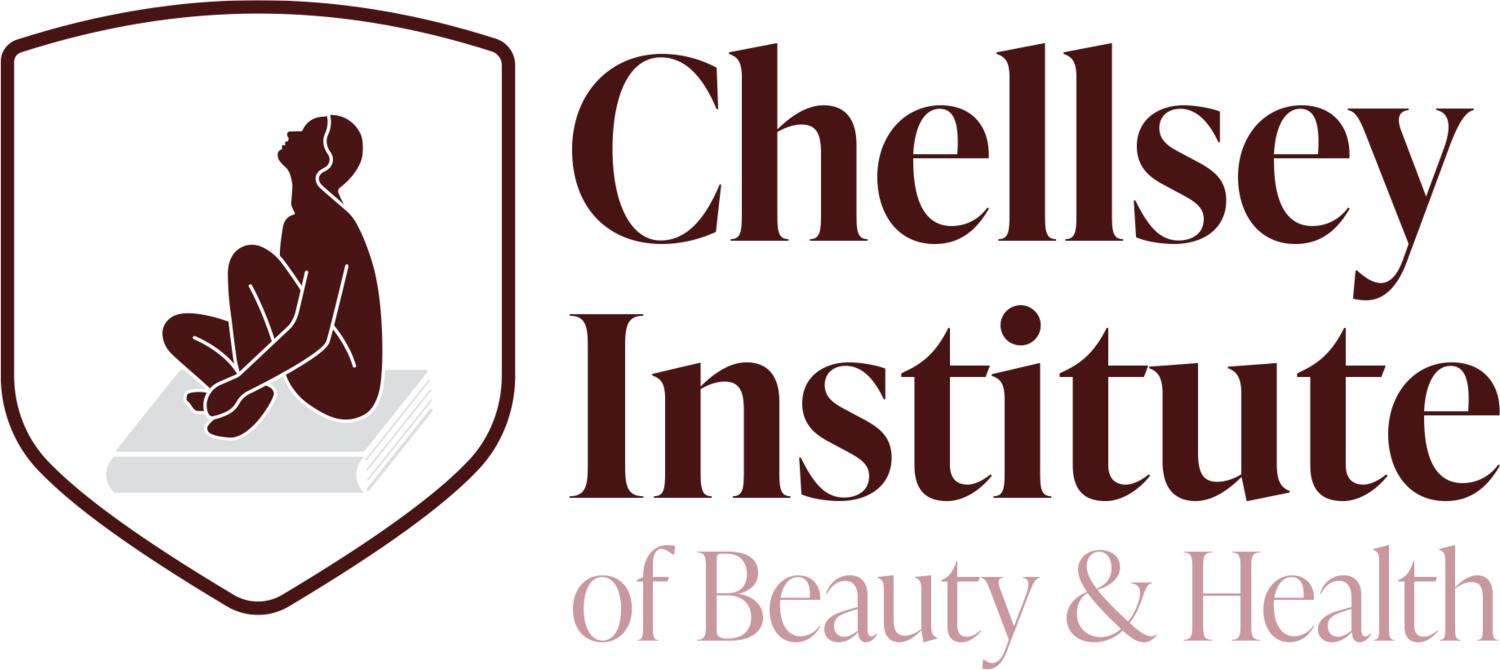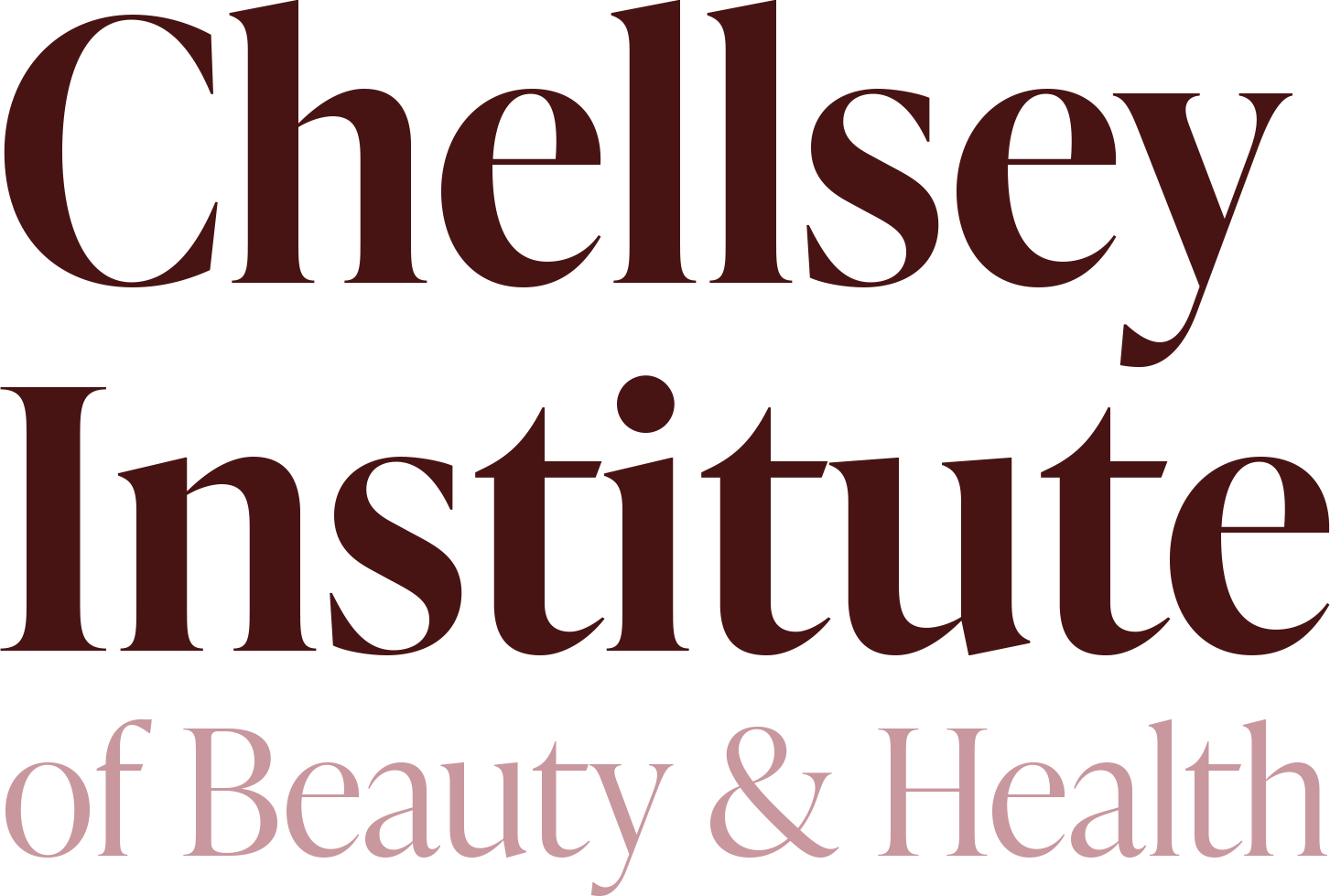Thread Lifts vs. Surgical Facelifts: Pros and Cons
Understanding the Differences for Modern Aesthetic Practice
As non-surgical cosmetic procedures continue to rise in popularity, many clients are asking: Should I choose a thread lift or go for a traditional surgical facelift? As a medical professional entering the world of aesthetics, it’s essential to understand the key differences between these two treatments—and how to guide patients based on their goals, age, and lifestyle.
Here’s a breakdown of the pros and cons of each:
Thread Lifts
A minimally invasive option using dissolvable threads to lift and tighten the skin.
Pros:
● No surgery or general anesthesia
● Minimal downtime (most return to daily activities within 1–2 days)
● Natural-looking, subtle lift
● Stimulates collagen production for gradual skin improvement
● Lower cost compared to surgery
Cons:
● Results are temporary (usually 12–18 months)
● Not suitable for severe skin laxity
● May require maintenance treatments
● Mild swelling or bruising post-procedure
Surgical Facelifts
A cosmetic surgery that removes excess skin and tightens underlying tissues for long-term facial rejuvenation.
Pros:
● Dramatic and long-lasting results (often 7–10+ years)
● Ideal for advanced aging or significant sagging
● Can be combined with other surgeries (e.g., eyelid lift)
Cons:
● Invasive with longer recovery time (2–4 weeks or more)
● Higher cost
● Risk of surgical complications and scarring
● Requires general anesthesia
Which One to Recommend?
For clients seeking a subtle refresh with minimal downtime, thread lifts are a great entry-point into anti-aging treatments. For those wanting a dramatic transformation or correction of severe sagging, surgical facelifts remain the gold standard.
As a practitioner trained in thread lifting, you’ll be able to offer a safe, non-surgical alternative that fits the needs of today’s busy, beauty-conscious clientele.
👉 Ready to expand your aesthetic skills? Check out our Injectable Certificates Programs at Chellsey Institute and take your practice to the next level.

